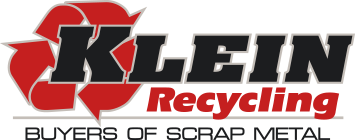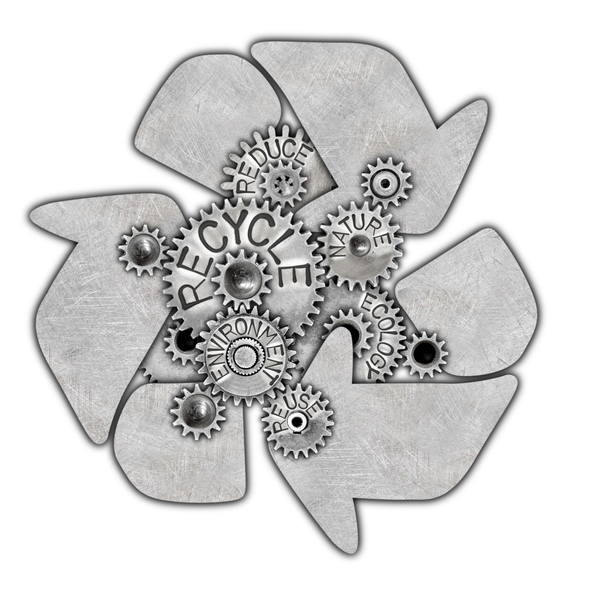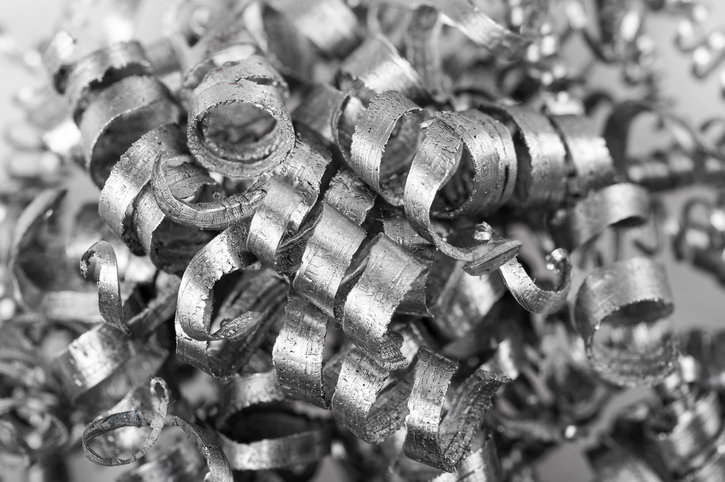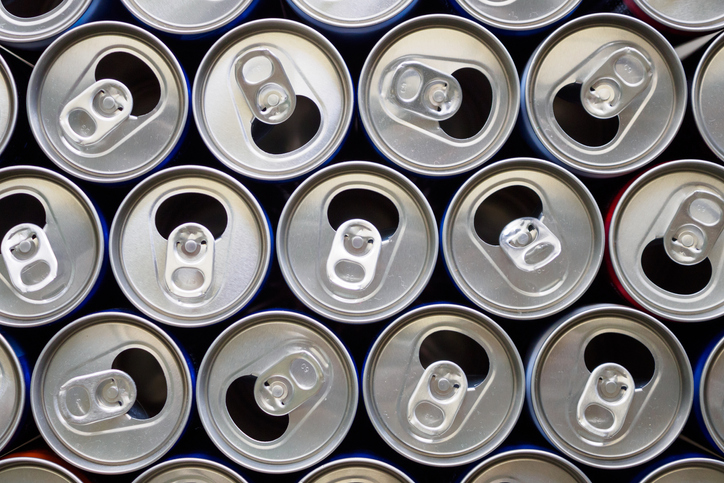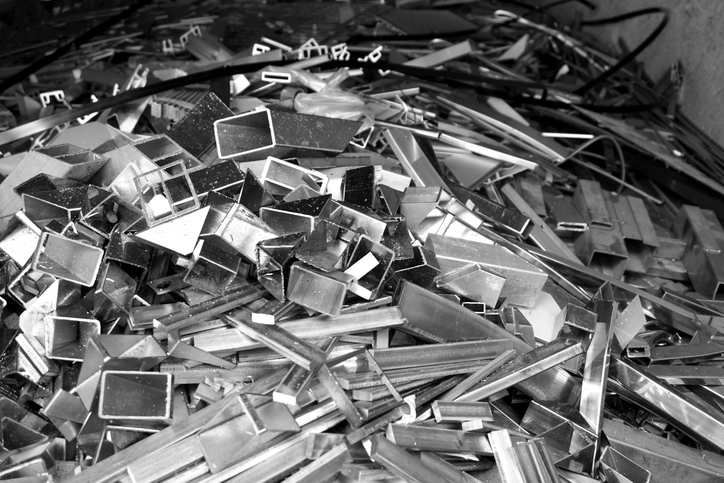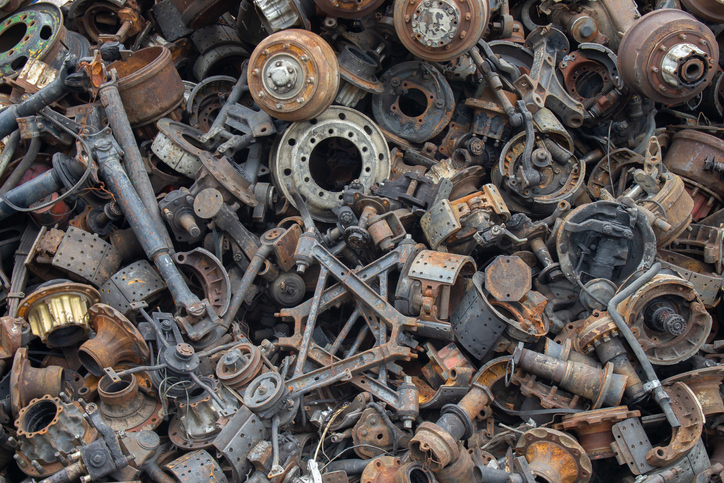
Avoiding mistakes in scrapping will not only earn you more money but will also save you from injury. Here is a list of some common mistakes to avoid while scrapping.
Not Wearing Safety Gear
With jagged edges, scrap metal can poke and puncture the skin causing deep cuts. All areas of your body must be protected while scrapping. Remember this list: wear gloves to protect your hands, puncture-resistant pants and long-sleeves to protect your skin, googles to protect your eyes, and a helmet to protect your head. By protecting your body, you will prevent injury and avoid going to the hospital.
Carry a first-aid kit to treat yourself quickly in the event of an injury. Make sure your first-aid kit carries the essentials like tweezers for picking out splinters, band-aids, topical anti-biotic cream, and a bottle of water.
Not Checking Prices
The price of metal fluctuates very much like the stock market. If you don’t go to the scrap yard every week, chances are the price has changed since your last visit. This may mean waiting a bit until prices rise again before scraping your metal. Just knowing prices will give you more negotiating power at the scrap yard.
Not Separating Materials
Scrap yards are notorious for giving you the price for the lowest metal in a bin, meaning that if you have a bin filled with many different types of metals, you’ll get the price for the lowest metal. By separating your metals, you’ll receive a higher price for your metals overall because you’ll get the price for each individual metal and not the lowest one. Label your containers with metal types and then as you’re scrapping, just put each metal into it’s own container.
Not Using A Magnet
Magnets are one of the most important tools for scrappers. They help distinguish between non-ferrous and ferrous metals and help you separate your metals into different scrapping containers. Ferrous metals stick to the magnet and contain metals like steel and iron but have less monetary value than non-ferrous metals like brass, copper, and aluminum. Non-ferrous metals don’t stick to magnets. Keep a magnet on hand and it will save you a lot of time identifying your scrap.
Going to a Scrap Yard With A Bad Reputation
Just like any other business, some scrap yard owners will give you great prices while others’ will mislead you on price and how to manage your scrap in order to influence price. Do some background research on your local scrap yards such as calling them up first and asking for prices before you commit to the yard and haul your scrap over there.
Being Misled By Different Scrap Metal Grades
Before you get to the scrap yard, you’ll want to be sure what’s the grade of metal that you have. For example, you may go to the scrap yard believing you have #1 bare bright wire but it’s only insulated copper cable because you didn’t know that you had to strip it. Another example is that you believe you have insulated cable only to find out it’s data wire. You’re going to notice a huge difference in pricing when this type of confusion occurs. Make sure that you find out which material you have before going to the scrap yard and know how the scrap yard likes it prepared in order to make the most amount of money from your scrap. Avoiding mistakes while scrapping will not only keep you safe but also earn you more profit. Give Klein Recycling a call today at 908-722-2288 and we’ll buy your scrap!
